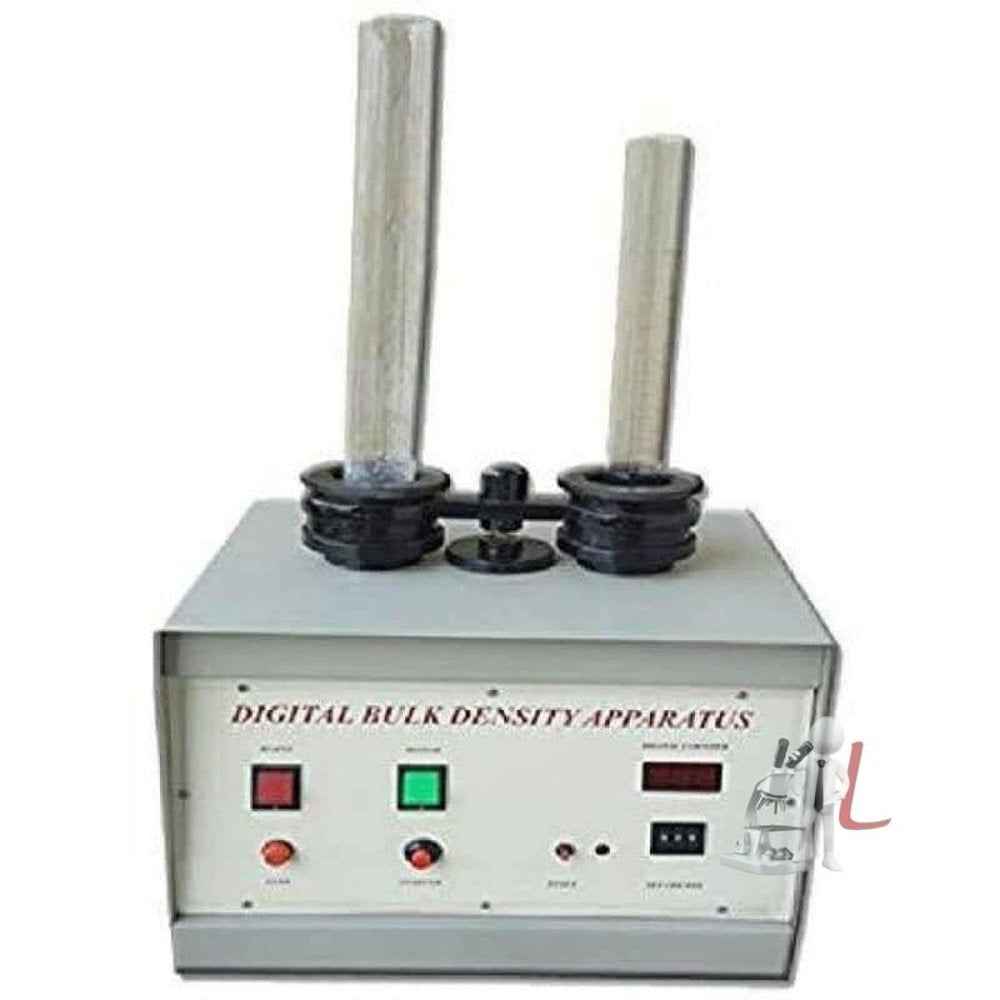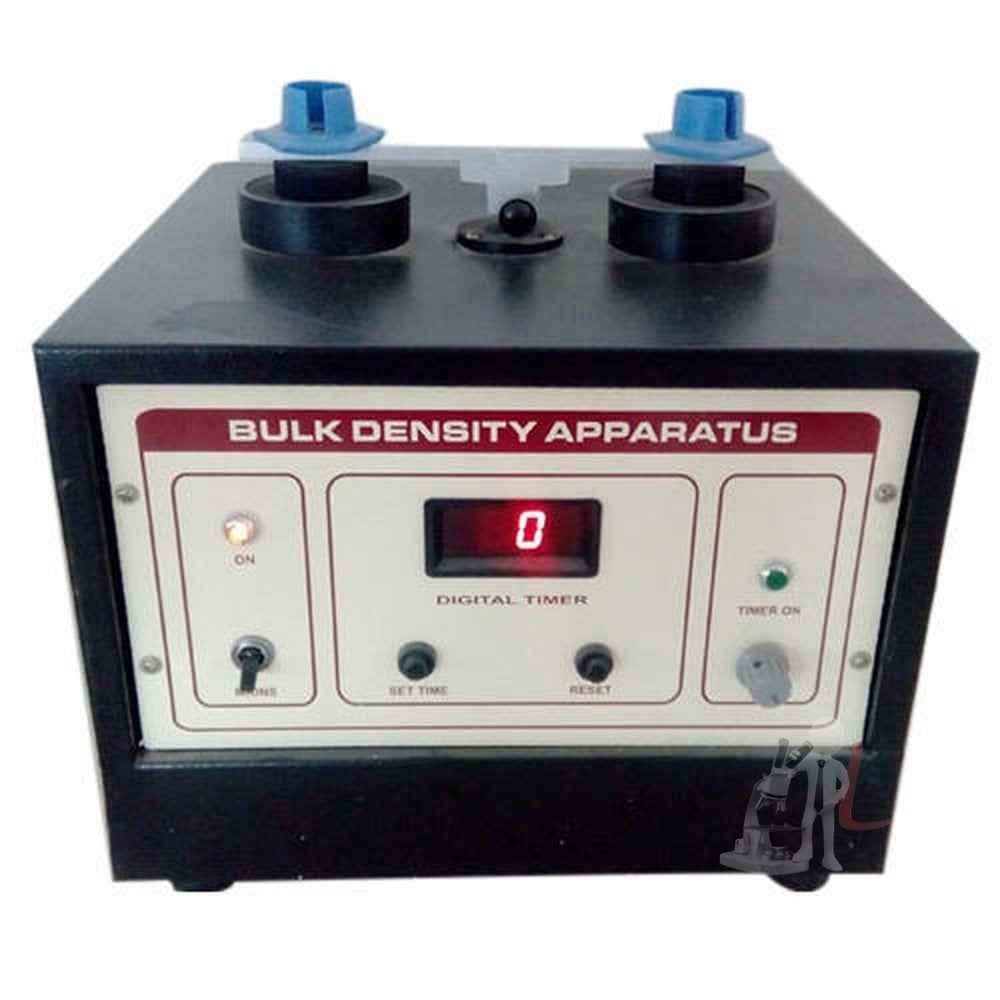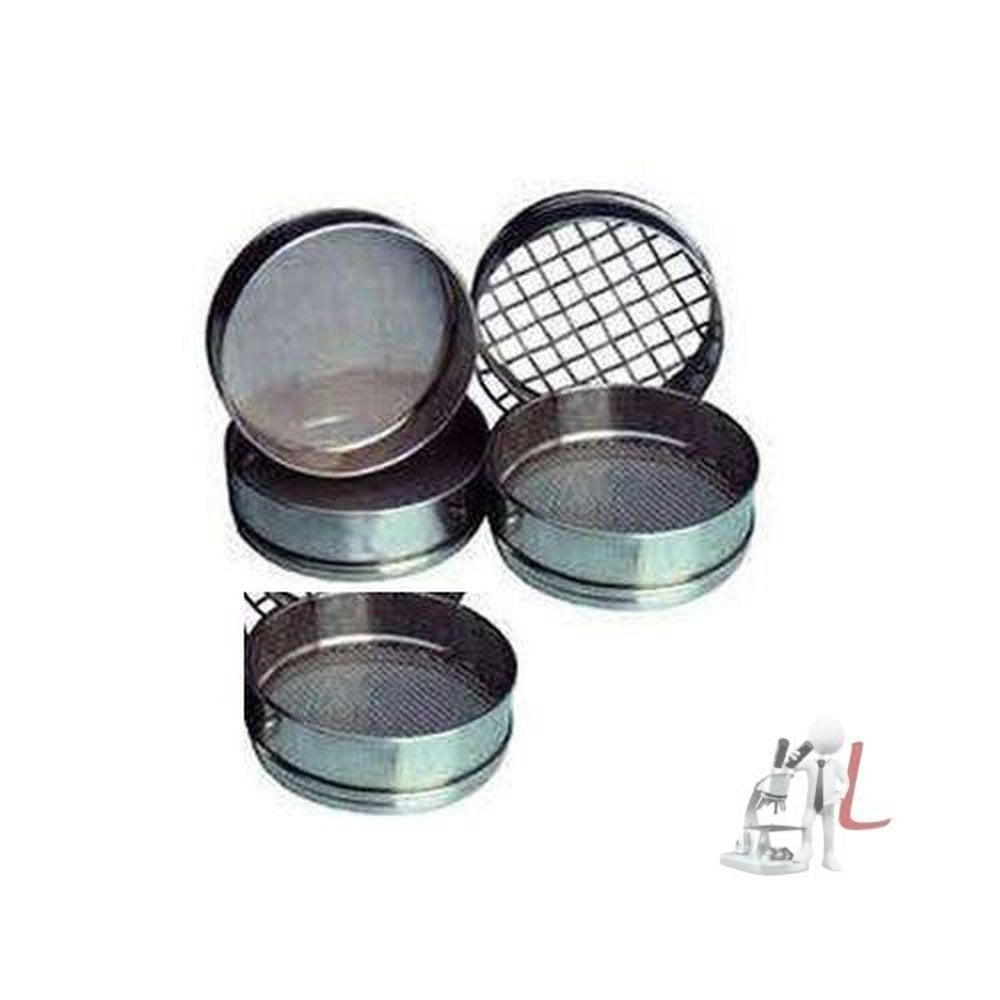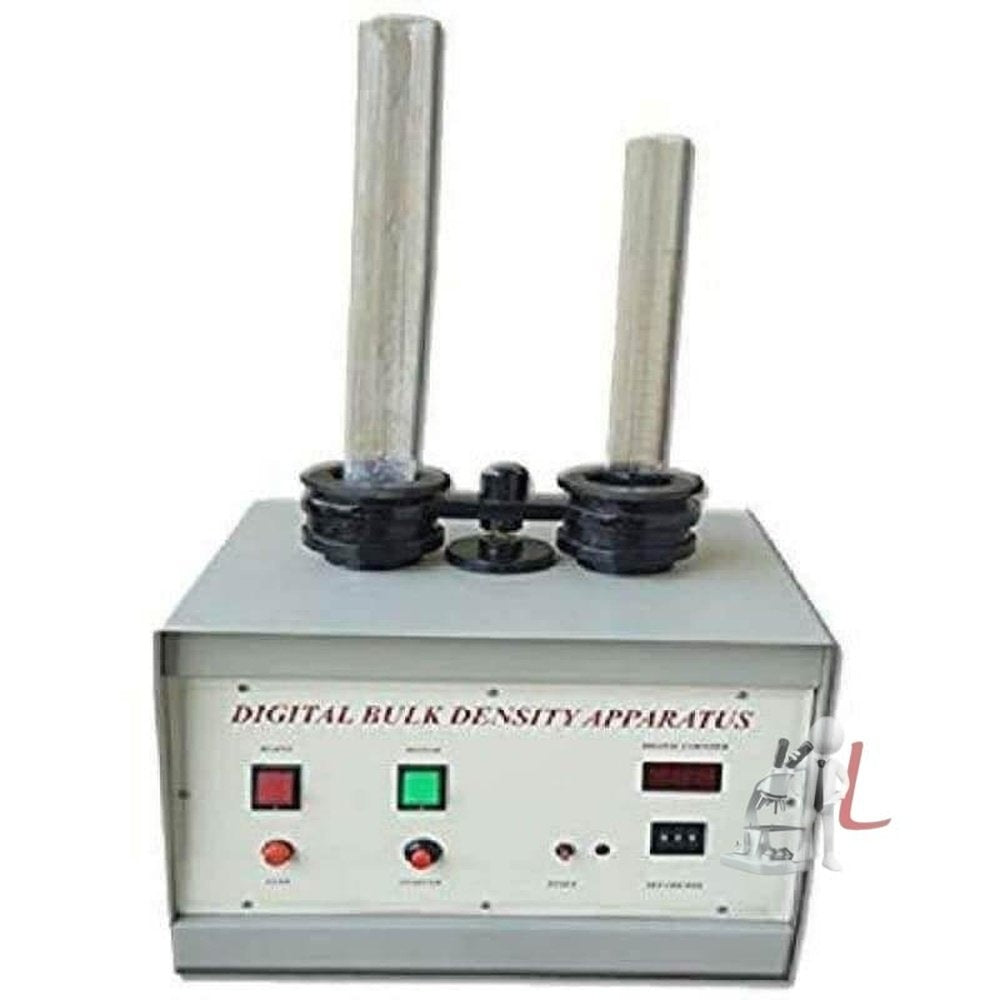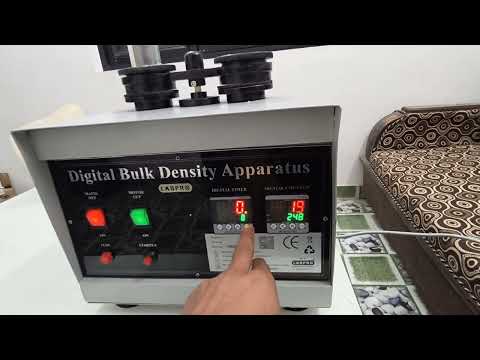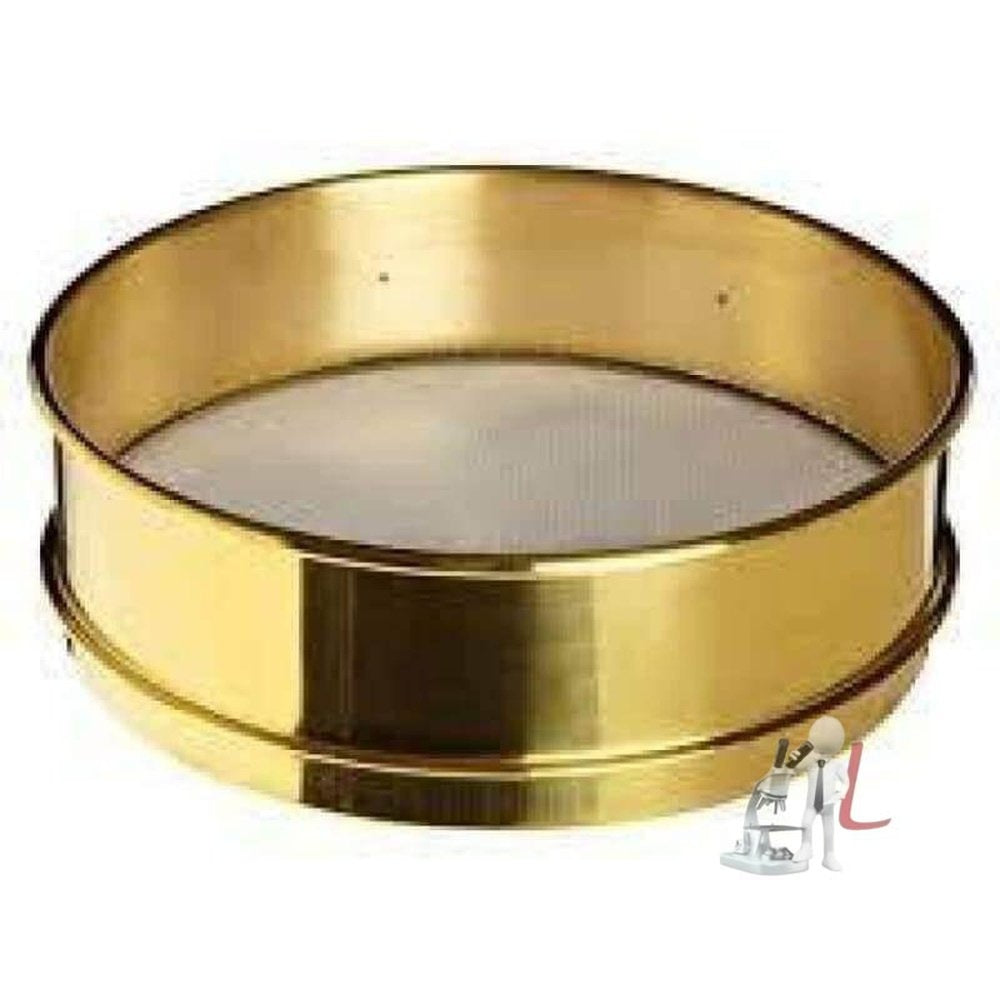Soil Testing Lab Equipment List
Soil testing lab equipment list is essential for ensuring accurate and reliable analysis in soil studies. Each piece of equipment plays a vital role in providing crucial data that informs agricultural practices, environmental assessments, and construction projects. In this detailed overview, we will cover various types of soil testing lab equipment, their functions, and why they are indispensable in the field of soil science.
1. **Soil Moisture Sensors**: These sensors measure the volumetric water content in the soil, providing vital information for irrigation management and agricultural planning.
2. **pH Meters**: A pH meter is necessary for determining the acidity or alkalinity of the soil. Soil pH significantly affects nutrient availability and plant growth.
3. **Electrical Conductivity Meters**: This equipment assesses soil salinity, which can impact crop health. Understanding the salinity levels can prevent crop failures.
4. **Soil Core Samplers**: These are used for taking undisturbed soil samples for laboratory analysis, allowing for accurate observations of soil horizons.
5. **Sieve Shakers**: Sieve shakers are used to separate soil particles by size, helping to analyze soil composition—an essential aspect of soil testing.
6. **Hydrometer**: A hydrometer helps in determining soil texture by measuring the density of a suspension of soil particles in water.
7. **Flame Photometer**: Useful in determining the concentration of sodium, potassium, and other elements in soil extracts, flame photometers provide data critical for nutrient management.
8. **Soil Permeability Test Apparatus**: This equipment tests how easily water moves through soil, which is crucial for drainage solutions in agricultural and construction projects.
9. **Compaction Test Apparatus**: This is used to determine the compaction properties of soil, essential for construction projects to ensure stability and load-bearing capacity.
10. **Laboratory Mixers**: These are important for preparing soil samples for various tests, ensuring homogeneity and accuracy in the results.
In conclusion, having a comprehensive soil testing lab equipment list is critical for anyone involved in soil analysis and management. These tools not only help in conducting experiments but also in obtaining reliable results that drive agronomic decisions and environmental solutions.
Filter
Sort by







